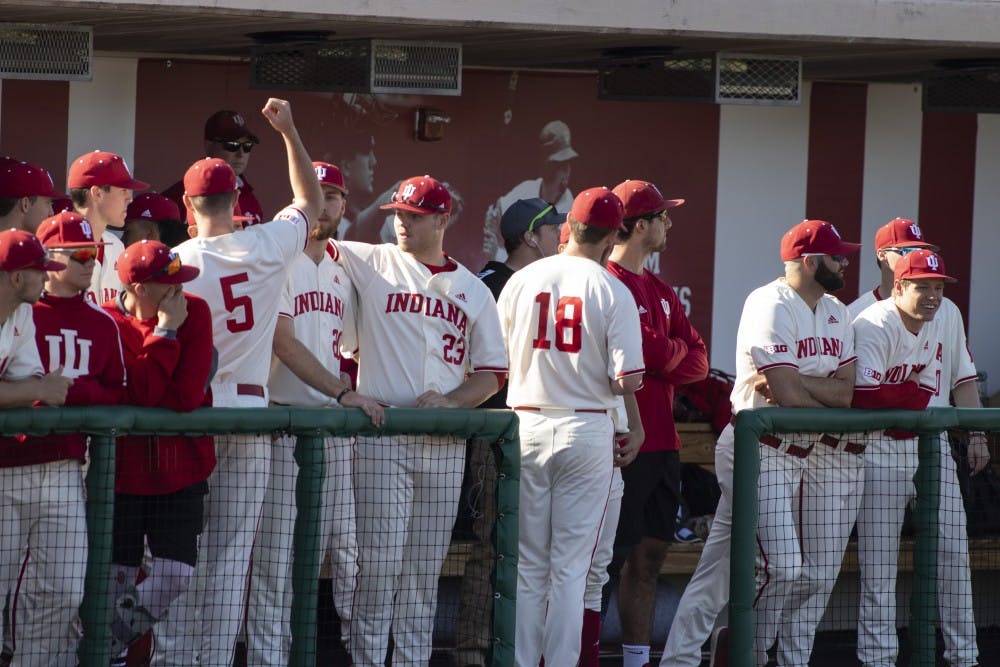Collegiate athletes, no matter what sport, put hours and hours on end into practices, games and other team-related activities.
Depending on what season the team is in, the hours can be similar to a full-time job. This often triggers the question: Should collegiate athletes should be paid?
Although they put in so much work, paying college athletes is not an ideal situation. It sparks a wealth of issues.
Where would the money come from? Would it only be NCAA DI or DII and DIII, too? What about NAIA and Junior Colleges? Would they get paid minimum wage or stipends?
The NCAA divisions separate schools into size and budget. DI schools are the biggest and have the most money, followed by DII and DIII.
NAIA is the National Association of Intercollegiate Athletics and is composed of smaller schools than NCAA DIII. Junior Colleges, also known as Jucos, prepare students with trade skills or supporting education for a bigger college. Athletes here often have their sights set to play at a bigger NCAA school.
Would their scholarships already in place be removed? Would schools become even more separated in talent levels due to paying athletes better?
The NCAA is a nonprofit organization; therefore, the money to pay athletes would have to come from each college.
Since football and men’s basketball are typically the biggest revenue-earners at schools, many of the smaller sports may start to be cut from schools’ teams.
If you paid sports based upon how much revenue they garner, this creates bigger issues for the school.
“You cannot pay players without invoking Title IX. Safely assuming that any pay-for-play plan would include paying male football and basketball players, you run into huge issues with federal law,” wrote Kristi Dosh, a sports contributor for Forbes.
This would disproportionately affect all womens’ sports and mens’ sports outside of football and basketball. It is an unfair situation to most athletes.
To generate the money to pay athletes, colleges may increase tuition prices, which would negatively affect the vast majority of students not playing a sport for the college.
“It would also make the cost of college more expensive,” said Maurice Reed Jones for the Odyssey. "The money would have to come from somewhere. That would just make it harder for a regular student to attend a college.”
Since college is already rather expensive, increased prices could drive students to decide to go to community colleges instead or simply not at all.
Community colleges would likely not be able to handle the influx of students that would flock from the bigger universities with raised tuition.
Lastly, it would change the entire dynamic of collegiate athletics.
“Paying them would affect their character, and it would affect the way they act if they were to go out in the real world and play professionally,” said Jones.
If college athletes were to be paid, there could be a shift in their mindset toward other students, teammates and coaches.
Paid collegiate athletes may start regarding regular students as if they are lesser than themselves, which would create a divide in the student body.
Teammates, if their pay varied, would likely get jealous of one another and start treating each other differently.
Coaches may get frustrated with their players if the money starts getting to their heads. This pay could also affect their attitudes towards playing professionally and create rifts between teammates and coaches on the professional level.
Paying college athletes invokes a lot of issues that, at this time, have no clear-cut solutions.






